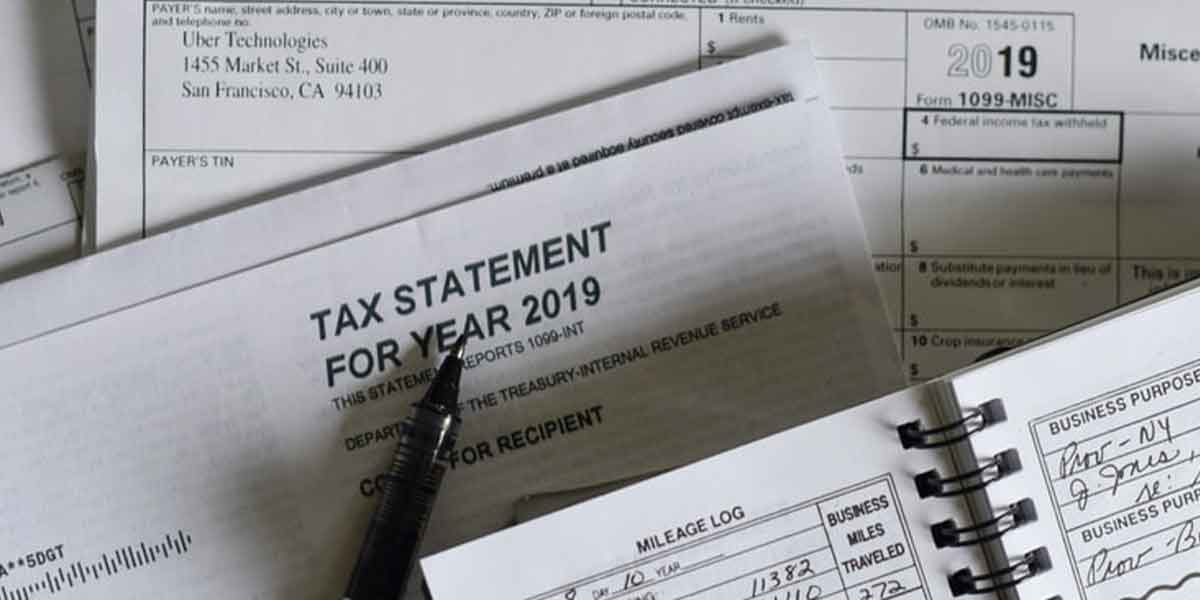Dealing with the loss of a family member is always a challenging time, making it difficult to handle emotions and make important decisions. In such situations, there are various responsibilities related to the probate process that need to be addressed promptly. Hiring a probate lawyer becomes crucial to navigate through this process effectively and efficiently.
Understanding the Probate Process
Probate is often perceived as a lengthy and costly process involved in transferring the deceased’s estate to the beneficiaries. It can become complex when dealing with an estate, especially if there is no clear will or living trust in place. While avoiding probate is ideal for family members, certain circumstances may require initiating a probate case to resolve property distribution issues.
The Role of a Probate Lawyer
A probate lawyer plays a vital role in facilitating communication between beneficiaries and estate executors. Their primary objective is to ensure the proper settlement of the decedent’s estate according to the will or applicable laws. They assist in gathering essential documents, managing financial accounts, addressing tax issues, verifying claims, and ensuring fair distribution among beneficiaries.
Cost of Hiring a Probate Lawyer
Concerns about the potential high fees of probate lawyers are common, but there are flexible payment options available. Collaborating with a probate lawyer to establish a payment structure that benefits all parties involved is essential. It is important to note that the fees for a probate lawyer are typically covered by the estate and not directly from the client’s pocket.
Benefits of Working with a Probate Lawyer
A probate lawyer’s expertise can help in devising an effective estate plan to minimize costs and streamline the distribution of assets. By offering guidance on estate planning strategies, joint tenancy, will creation, and trust establishment, they assist in safeguarding assets and reducing tax liabilities. Implementing these measures can ultimately save beneficiaries from unnecessary financial burdens and delays in asset distribution.
Maximizing Savings through Estate Planning
Creating an estate plan ahead of time can significantly reduce tax implications and ensure a smooth transfer of assets to heirs. Strategies such as reducing assets before death and establishing trusts or wills can help bypass the probate process and minimize estate taxes. By proactively planning your estate, you can protect your assets and secure financial stability for your loved ones in the future.




